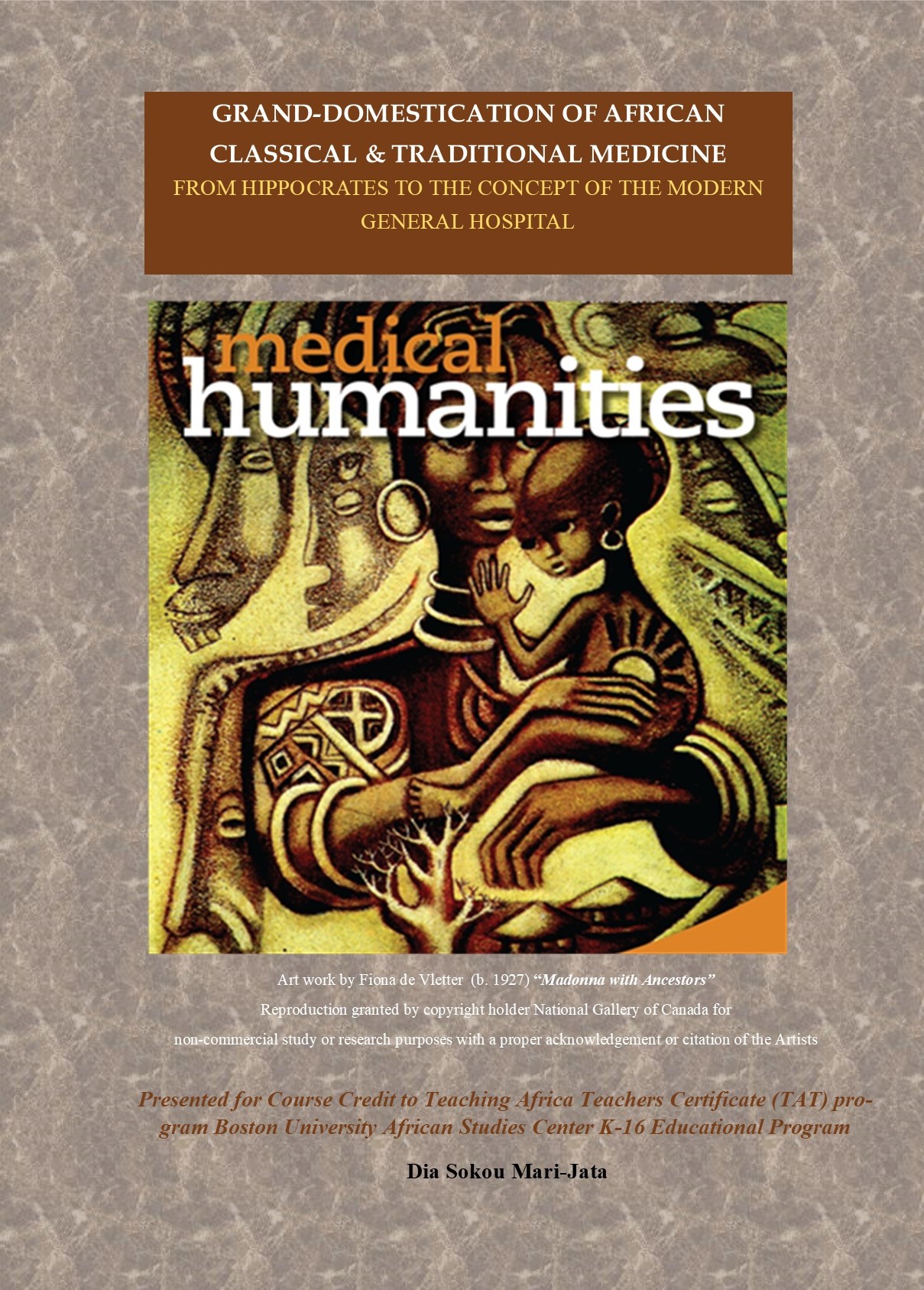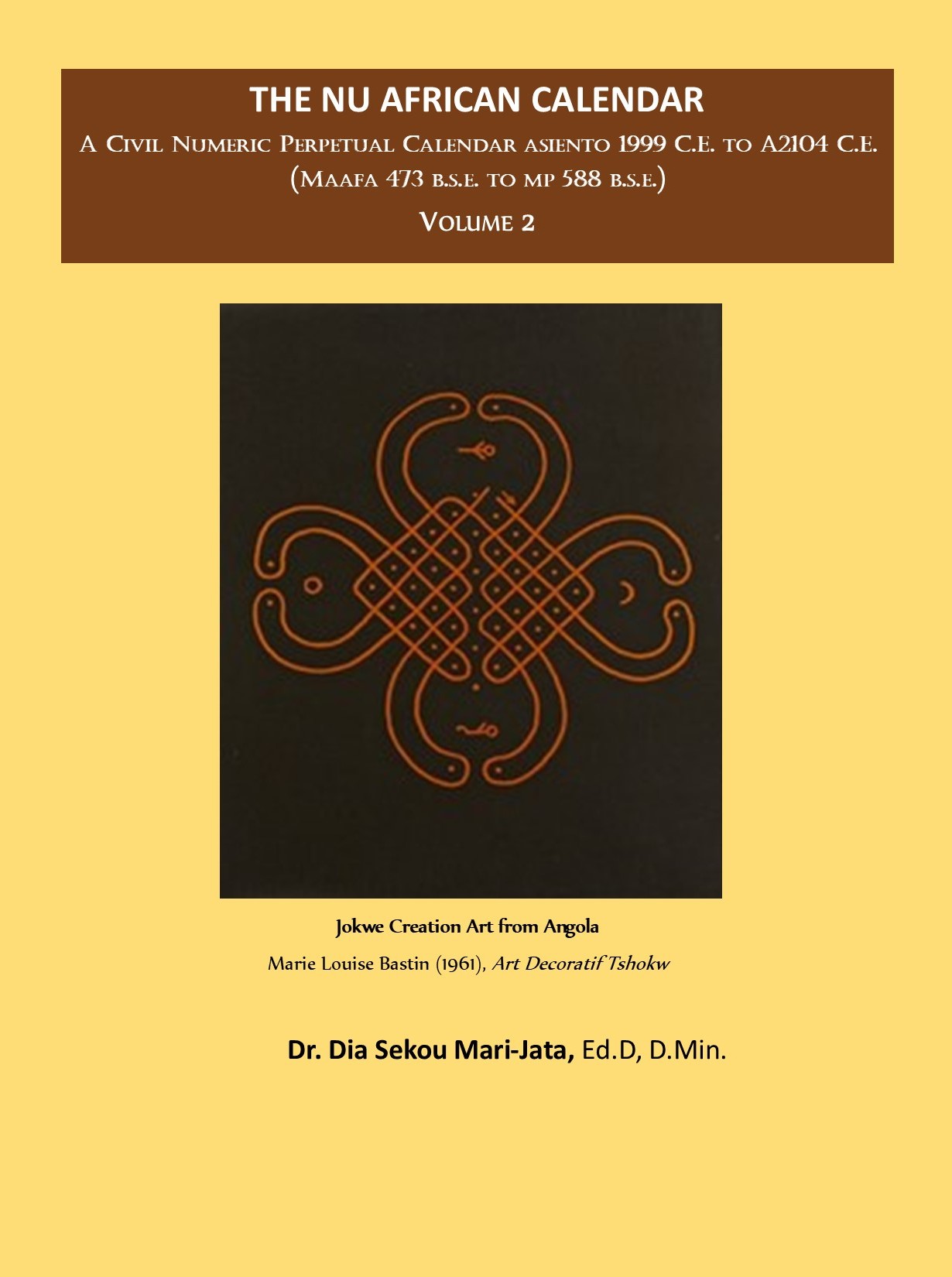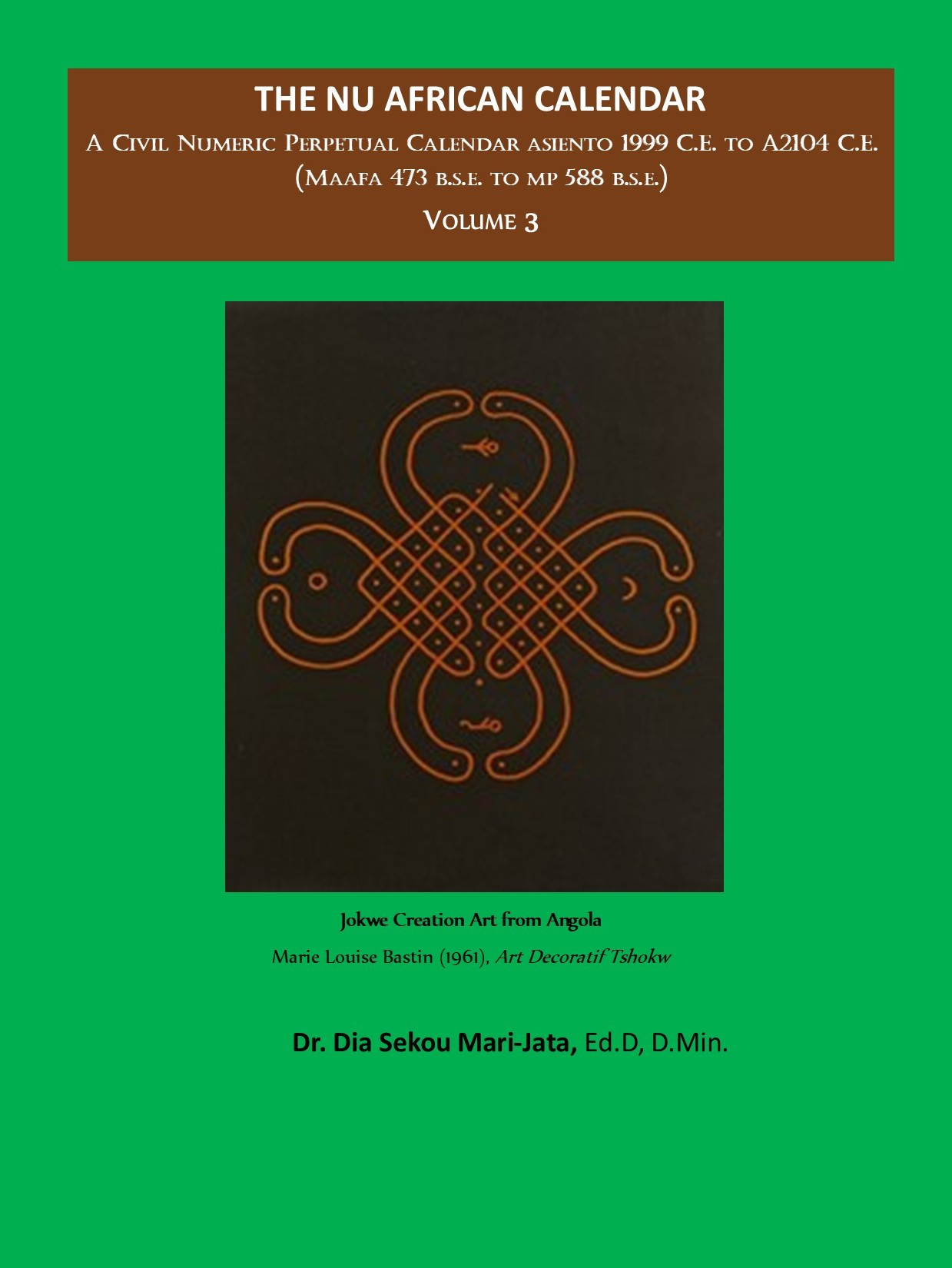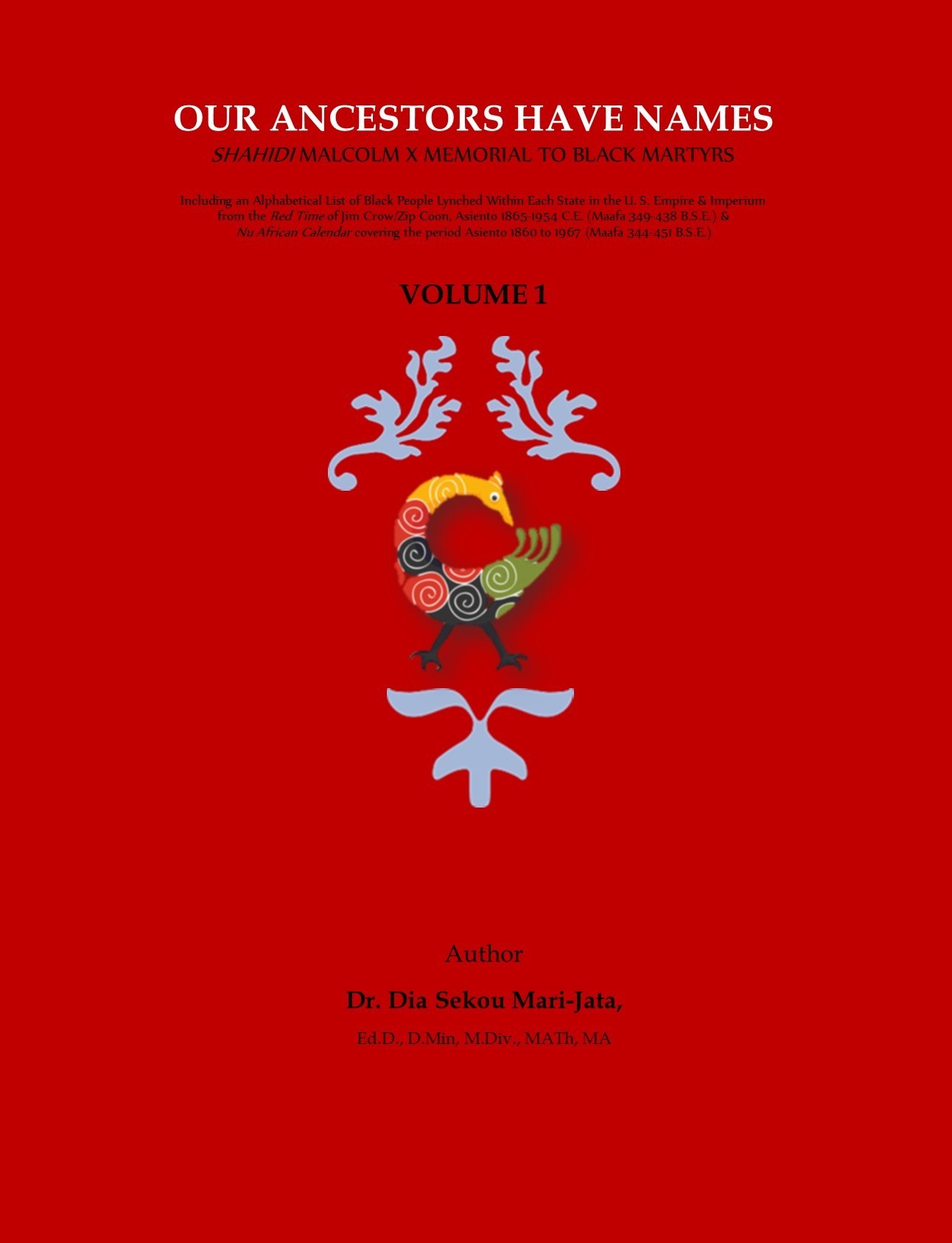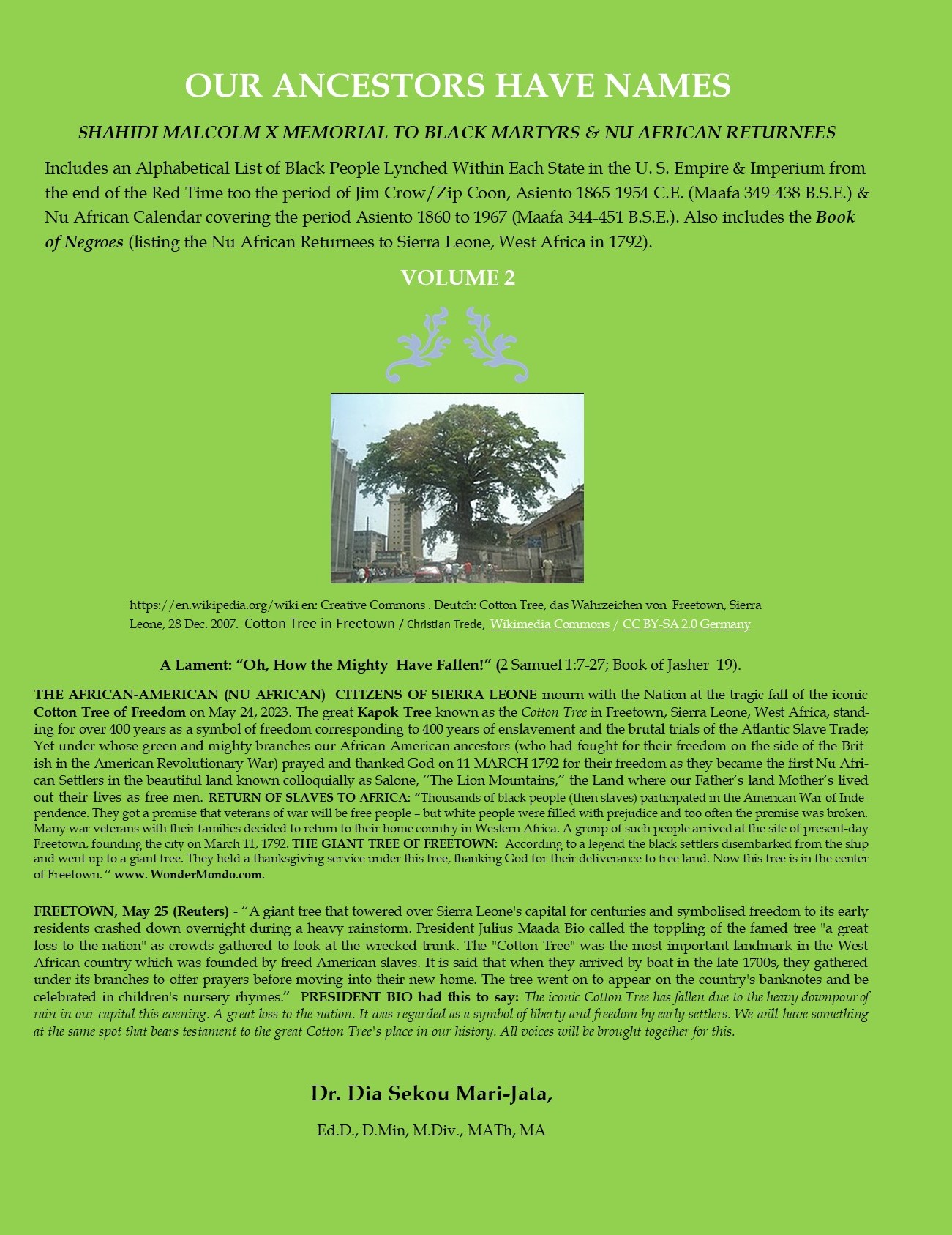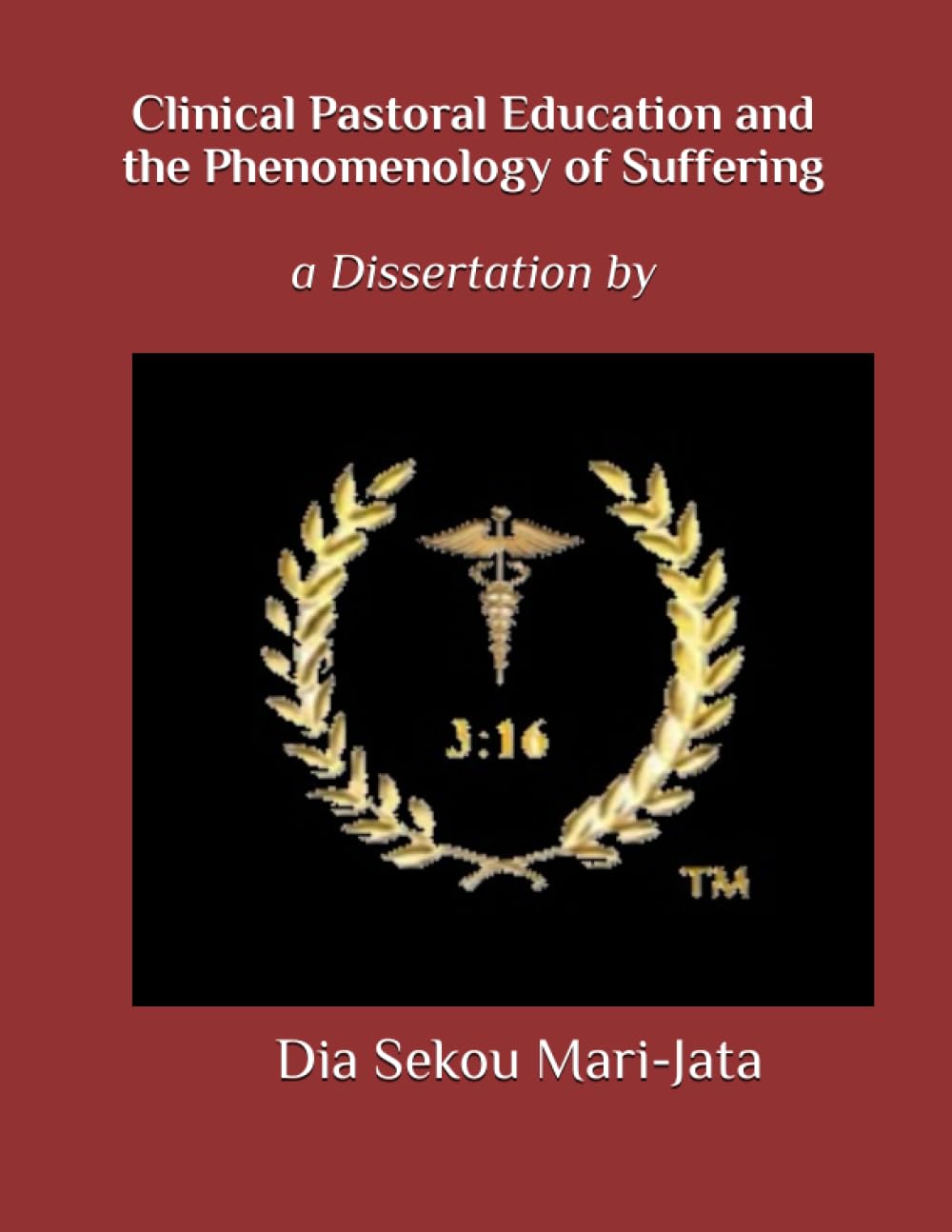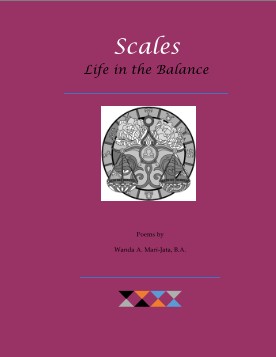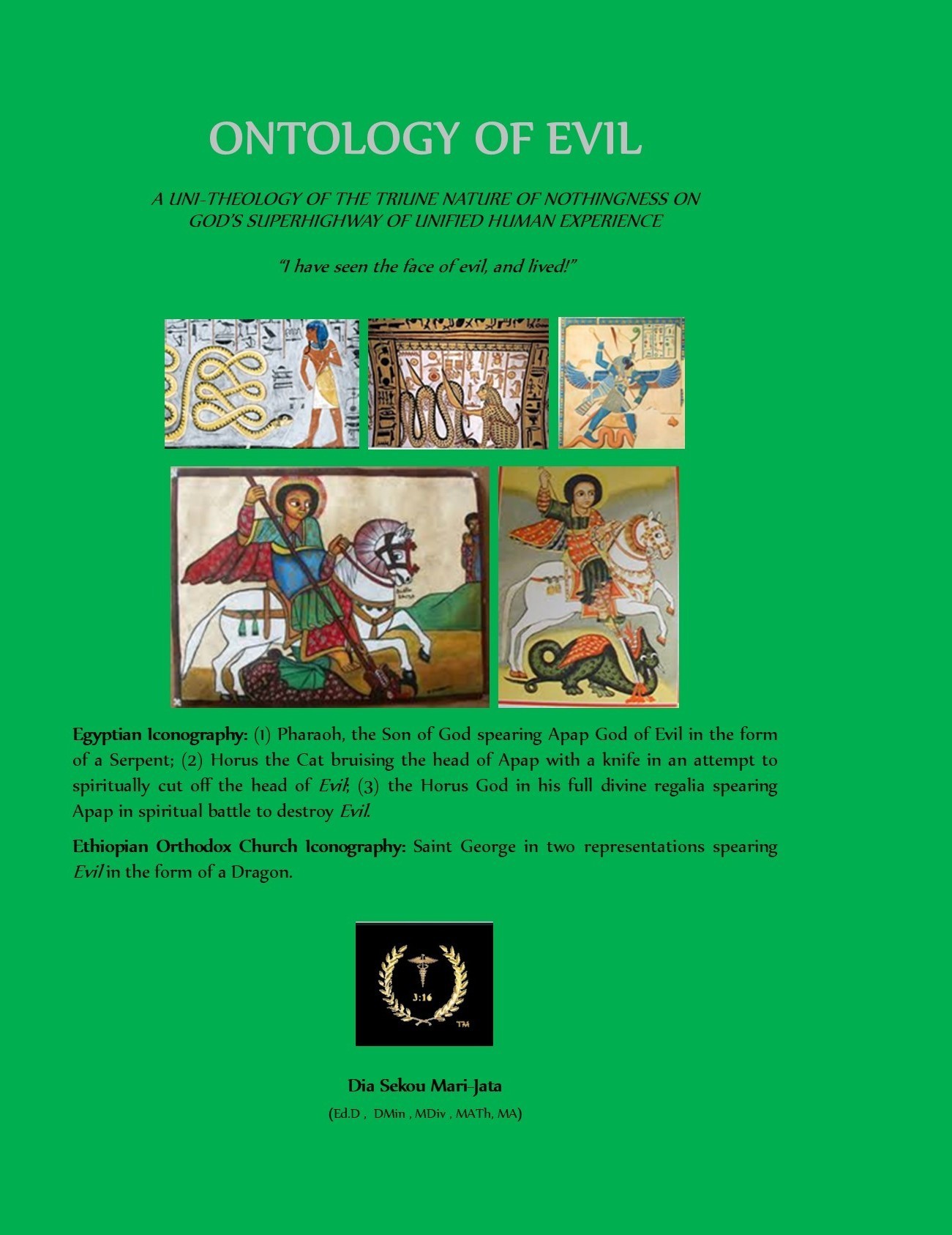
Ontology of Evil
Subtitle: A Uni-Theology Of The Triune Nature Of Nothingness On God's Superhighway Of Unified Human Experience
Author: Dia Mari-jata
Nearly all theological scholars have dealt in one way or another with the nature of Evil because their focus was on understanding and explaining the problem of Evil and answering the central question "How can bad things happen to good people when there is a All Good, All Knowing, and All Powerful God who is the Creator and controls all things in the spiritual and temporal world. However, no modern theologian I would venture to say has tried to seriously delve into the two primary questions: What is Evil? and Whence is Evil? as first attempted by African theologian and philosopher, St. Augustine of Hippo in Khart Haddis (Carthage) born November 13, 354 C.E. and died August 28, 430. In this work we try to do just that using the cosmology and theology of our Ancient African Egyptian ancestors throughout this work.
Keywords for this book
You can only order 1 ebook at a time
Book summary
I have spent the better part of 14 years researching and writing this extraordinary book that began as my master’s thesis submitted to the Faculty the Department of Theology at Xavier University.My thesis was approved by Dr. Marie Giblin, Chairperson, and Thesis Advisor, Father Joseph Bracken (a world-renowned scholar of Process Theology) on February 21, 2007. My thesis was archived in book form Xavier University’s Library (with a request later by the library to archive it in microfiche) with a manuscript copy placed in the offices of the Department of Theology.My thesis title was What is Evil? Implications for the Doctrine of God, the Human Person, and the Problem of Evil. This current book entitled Ontology of Evil is largely based upon my original thesis work and of course has grown and evolved, however, without seriously modifying its chief aim and objective to explain what is the nature of evil as a special topic under the disciplinary rubric the problem of evil. In Xavier’s graduate school of theology we were introduced to the serious study of the theology of God and the theology of Man. I came to the conclusion during these studies that no theology of God or Man was complete or could be understood without a serious study of the theology of Evil. I understood that no theology of man could be understood without a theology of God; and more significantly no theology of God or man could be understood without a valid theology of Evil. As I became to grope my way in the dark on this subject that was new to me and not a subject at all in graduate school. I determined that this subject that could one day become a theological discipline could not be developed without first understanding the nature of evil with a serious exploration into its origins. In doing so I discovered that many theologians had begun the conversation starting most significantly with St. Augustine, then St. Thomas Aquinas, down to John Hick in his Evil and the Love of God and the process philosopherslike the great Alfred North Whitehead in his Process and Reality (1929) and process theologians like the indomitable Charles Hartshorne’s Divine Relativity (1948); Creative Synthesis and Philosophic Method (1970) and his many other manifold works and published articles. All of these scholars dealtin one way or another with the nature of Evil because they had to with their focus being onunderstanding and explaining the problem of Evil and answering the central question why bad things happen to good people when there is a All Good, All Knowing, and All Powerful God!However, no modern theologian I would venture to say tried to seriously delve into the two primary questions what is Evil? And whence is Evil?before Karl Barth whose theological analysis can be found in his Church Dogmatics: The Doctrine of Creation (111.3, 1950). Here Barth describes in great detail the Trinitarian nature of Evil he calls genuine Nothingness, which in essence is Evil, Death, and Sin, a No-thing that is a really real Something that is opposed to the sovereign God and His Good Creation. And too we must consider the experiential and biblical insights of William Stringfellow with his Free in Obedience (1964) and An Ethic for Christians and Other Aliens in a Strange Land (1973) showing how in various ways Evil operates on God’s Superhighway of Unified Human Experience in and through various human institutions of power that he declares to be demonic principalities that like men have fallen from God’s grace though disobedience and their idolatrous demand to be worshiped in and through human institutions of power even at the highest level of governance paying obeisance to various doctrines and ideas taught by demons. Nearly all theological scholars have dealt in one way or another with the nature of Evil because their focus was on understanding and explaining the problem of Evil and answering the central question "How can bad things happen to good people when there is a All Good, All Knowing, and All Powerful God who is the Creator and controls all things in the spiritual and temporal world. However, no modern theologian I would venture to say has tried to seriously delve into the two primary questions: What is Evil? and Whence is Evil? as first attempted by African theologian and philosopher, St. Augustine of Hippo in Khart Haddis (Carthage) born November 13, 354 C.E. and died August 28, 430. In this work we try to do just that using the cosmology and theology of our Ancient African Egyptian ancestors throughout this work.
